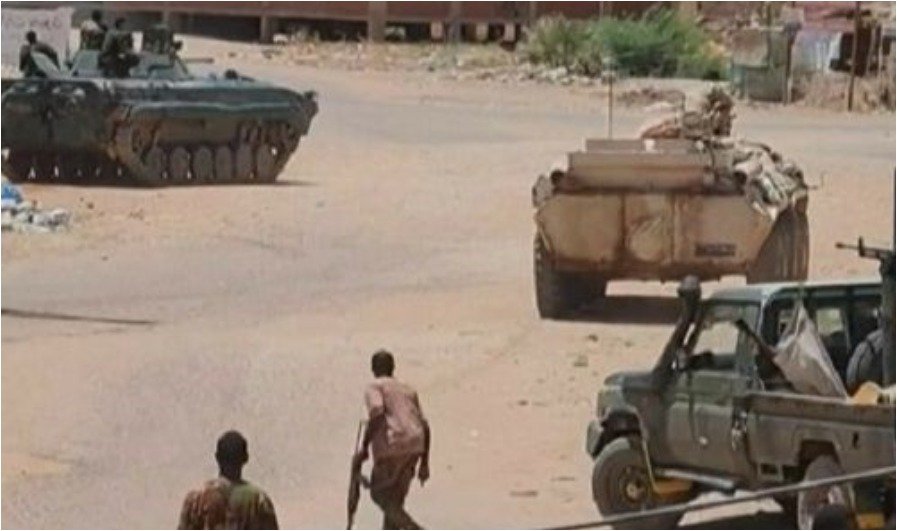
South Sudan has once again been marred by violence, resulting in the loss of 10 lives, as clashes erupted between the army and civilians. This recurring violence in the region is often characterized by a grim cycle of cattle theft, retaliatory killings, and the abduction of women and children.
Lul Ruai Koang, the spokesperson for the South Sudanese army, provided insights into the recent clashes that began on a fateful Sunday. The conflict was triggered when the army pursued an officer who had managed to escape detention.
The clashes unfolded from Sunday evening and continued until Monday, as soldiers were dispatched to re-arrest their escaped colleague. They faced resistance from armed Anyuak youth who supported the former commander. Tragically, the former commander lost his life during the confrontation, further fueling the anger of the armed youth, who launched a large-scale attack on the army’s position on Monday. The army, however, managed to repel the assault.
This region, the Greater Pibor Administrative Area (GPAA), which shares a border with Ethiopia, has long been susceptible to inter-communal violence. The clashes predominantly involve the pastoral Murle tribe and the Dinka and Nuer tribes from the neighboring Jonglei State. Notably, this violence has claimed lives and disrupted peace in the area, with tensions flaring in response to various triggers, including disputes over resources and leadership.





